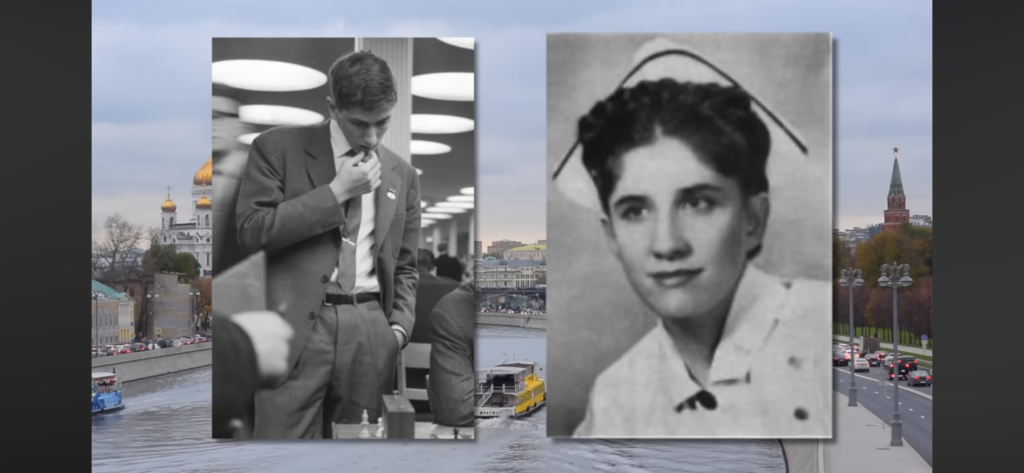Why does a patient resist therapy?
The concept of resistance to therapy is described in psychoanalytic theory and psychotherapy.
It refers to the patient’s unconscious attempts to avoid or block the exploration of certain thoughts, emotions, or memories that are psychologically threatening.
The unconscious plays a central role in resistance to therapy for several reasons:
- Defense Mechanisms: The unconscious mind employs various defense mechanisms to protect the individual from anxiety-provoking thoughts and emotions. When individuals engage in therapy and confront painful or distressing material, their unconscious may activate defense mechanisms such as repression, denial, or rationalization to avoid facing the underlying issues.
- Fear of Change: Unconscious resistance can stem from a fear of change and the unknown. Therapy often involves the exploration of deep-seated patterns and the potential for transformation, which can evoke resistance at an unconscious level as individuals grapple with the uncertainty of change.
- Preservation of Self-Image: Unconscious resistance may arise from the desire to maintain a certain self-image or identity. Confronting unconscious material that challenges one’s self-perception or reveals uncomfortable truths can lead to resistance as individuals strive to protect their ego and sense of identity.
- Transference and Countertransference: Unconscious dynamics related to transference (the patient’s feelings and attitudes toward the therapist based on past experiences) and countertransference (the therapist’s emotional reaction to the patient) can contribute to resistance in therapy. Unresolved unconscious conflicts from past relationships may be reenacted in the therapeutic relationship, leading to resistance as a means of protecting against perceived emotional threats.
- Unconscious Ambivalence: Patients may simultaneously desire and resist change, reflecting an unconscious ambivalence toward the therapeutic process. Unconscious conflicts and competing motivations can manifest as resistance, as individuals grapple with conflicting feelings and impulses that are not fully conscious.
- Repressed Material: Unconscious resistance can occur when repressed or forgotten memories, emotions, or experiences emerge during therapy, triggering discomfort and resistance as individuals confront material that was previously inaccessible to conscious awareness.
Understanding and addressing resistance to therapy requires therapists to recognize and work with the patient’s unconscious processes.
By exploring and interpreting unconscious dynamics, therapists can help patients gain insight into their resistance, identify underlying conflicts, and develop strategies to work through psychological barriers to therapeutic progress.
This process is integral to the practice of psychotherapy and other therapeutic approaches that recognize the significance of unconscious mental processes in shaping human behavior and experience.

drangelosubida.com


